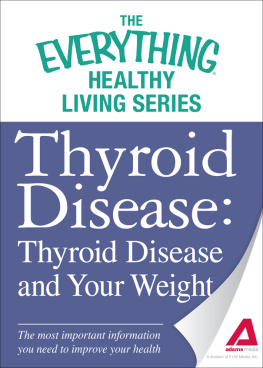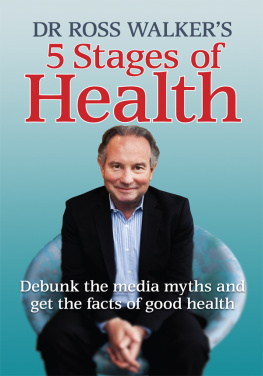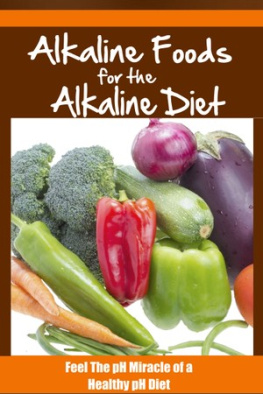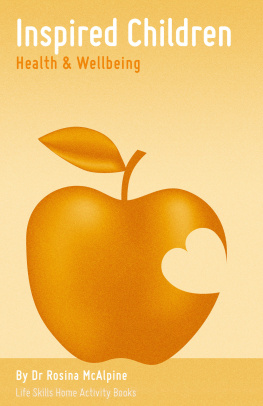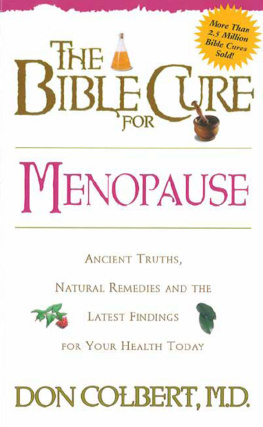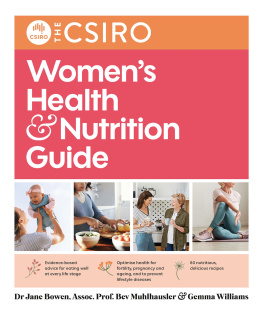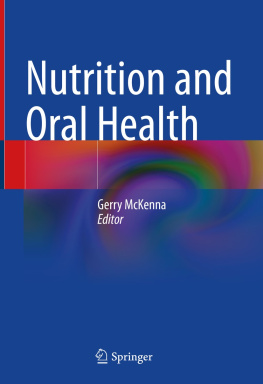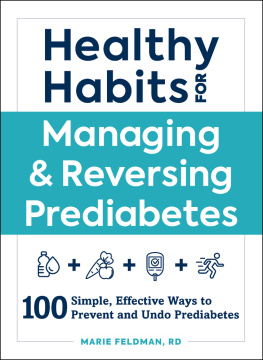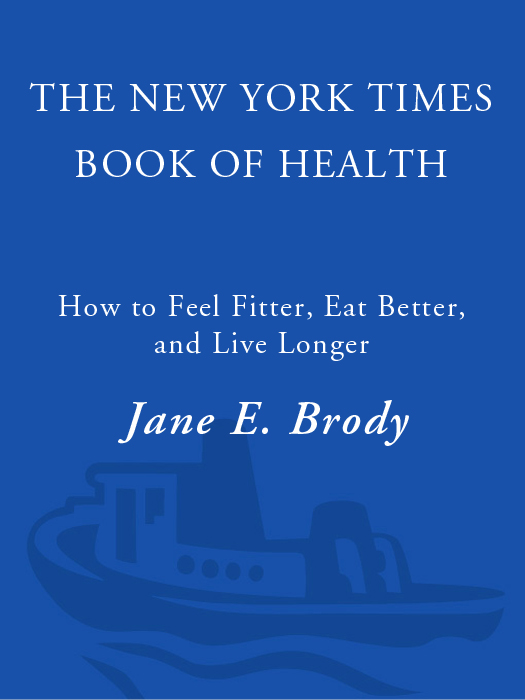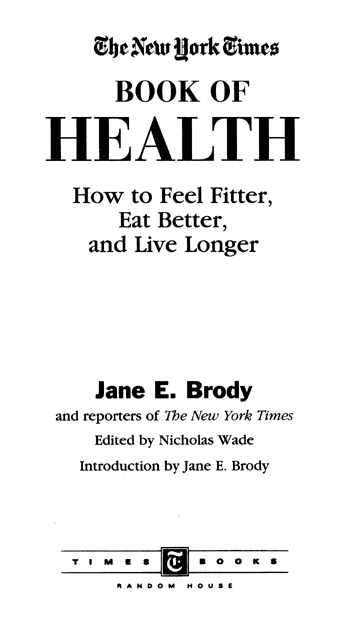Copyright 1997, 1998 by The New York Times Company
Introduction 1997 by Jane E. Brody.
All rights reserved under International and Pan-American Copyright Conventions. Published in the United States by Times Books, a division of Random House, Inc., New York, and simultaneously in Canada by Random House of Canada Limited, Toronto.
This work was originally published in hardcover and in slightly different form by Times Books, a division of Random House, Inc., in 1997.
All of the essays in this work originally appeared in The New York Times
Library of Congress Cataloging-in-Publication Data
Brody, Jane E.
The New York Times book of health: how to feel fitter, eat better, and live longer / Jane E. Brody and the reporters of
The New York Times.
p. cm.
eISBN: 978-0-307-81592-7
1. Health 2. Medicine, Popular. 3. Physical fitness.
4. Nutrition. I. New York Times. II. Title.
RA776.B7748 1997
613dc21 96-47065
Random House website address: www.randomhouse.com/
v3.1
ACKNOWLEDGMENTS
Modern medicine is based on science, but physicians and health experts must wrestle every day with problems for which science as yet has provided few or sketchy answers. Even these answers are subject to change as new findings from the laboratory or clinical trial refine some theories and overthrow others.
Thus health is not a settled subject. The years from 1990 to 1996, while I was the New York Timess science and health editor, seem to have been particularly tumultuous. This selection of articles, from the latter half of that period, takes readers to the forefront of many debates and fields of inquiry. Though written to report daily events, the articles are here grouped by subject matter and gain a coherence that is seldom possible in a newspaper.
The midwives of this book were Mitchel Levitas of The New York Times and, at Times Books, Steve Wasserman (now of the Los Angeles Times) and Elizabeth Rapoport. The unseen hands that commissioned or helped shape many of the articles belong to Katherine Bouton, former deputy science editor, and to her successor James Gorman. To the reporters whose works are anthologized here belongs the credit for whatever insights and instruction the reader may find.
Nicholas Wade
LIST OF CONTRIBUTORS
| LKA | Lawrence K. Altman |
| NA | Natalie Angier |
| SB | Sandra Blakeslee |
| JEB | Jane E. Brody |
| MB | Marian Burros |
| SG | Susan Gilbert |
| DG | Daniel Goleman |
| DGr | Denise Grady |
| GK | Gina Kolata |
| WEL | Warren E. Leary |
| SL | Susan Love, M.D. |
CONTENTS
SECTION ONE
Good Health Versus Bad Habits

SECTION TWO
Why Weight Gain Is Healths Loss

SECTION THREE
The Many Benefits of Exercise

SECTION FOUR
The Science of Eating Right

SECTION FIVE
Vitamins and Other Supplements

SECTION SIX
Protecting the Heart

SECTION SEVEN
Averting Cancer Risks

SECTION EIGHT
Stages of LifePregnancy and Birth

SECTION NINE
Stages of LifeChildhood

SECTION TEN
Stages of LifeMenopause

SECTION ELEVEN
Stages of LifeAging

INTRODUCTION
Confused about health? Nearly everyone is these days. Despite extensive research utilizing some of the most sophisticated study methods available, many of the major health questions of our times still evoke memories of that famous Clairol ad: Does she or doesnt she? Should you, or shouldnt you, for example, take vitamin supplements, eat a low-fat diet, keep your weight at its college low, exercise vigorously three or more times a week? Can you protect your heart by eating fish, prevent cancer by eating vegetables, keep your bones strong by taking calcium?
There are also myriad debates about the benefits and risks of many medical procedures that are already in widespread use as well as those not yet widely adopted but often recommended by most experts and major health organizations. Should every woman 40 and over have an annual mammogram? Should every fetus be monitored electronically during labor and delivery? Is a mother who fails to nurse her baby compromising its development? Is hormone replacement at menopause safe and desirable, and for how long? Should men also consider supplementing their waning supply of testosterone as they age?
Then there are the many societal issues that can have a major impact on personal health. Can children be taught to eat better, exercise more and resist tobacco, drugs and alcohol, or are we doomed to raising one generation after another of Americans prone to chronic health problems precipitated by bad habits acquired during childhood and adolescence? Can the dismal rate of childhood immunizations be boosted, or will future generations be plagued by outbreaks of devastating yet preventable ills such as polio, whooping cough and measles? Can our youngsters brains be protected from the permanent damage that can be caused by overexposure to lead? Should every child have his or her cholesterol level tested, and if so, then what? What can we do to protect our aging society from chronic disease and disability so that many more than now do can truly enjoy their golden years? Should there be societal campaigns to enhance the nutrition, exercise habits and hormone balance of the elderly? Can our highways be improved to reduce the risk of accidents caused by sleepy drivers? Should helmet laws be extended to adults who ride bicycles? Can prescription practices be improved to protect elderly patients against inappropriate medications, toxic reactions and drug overdoses?


